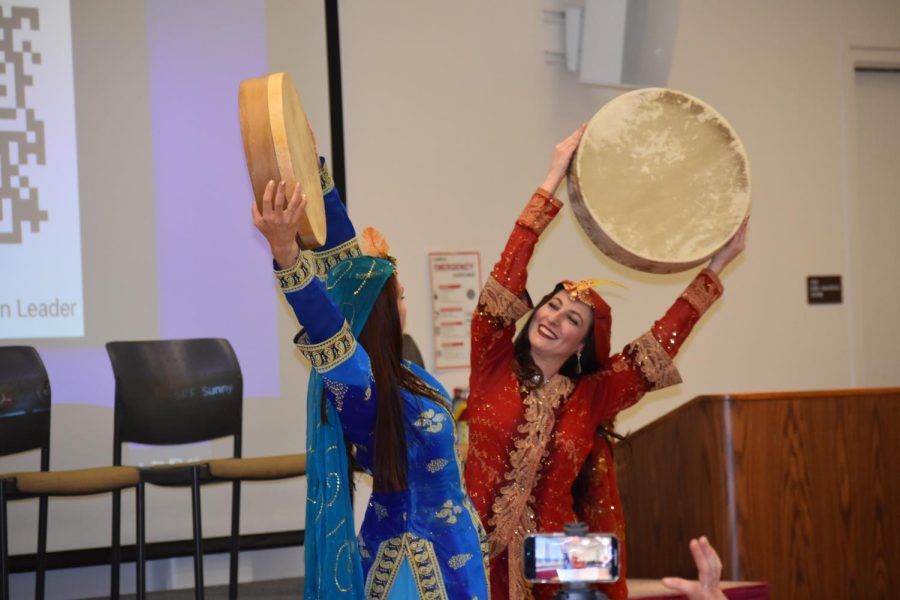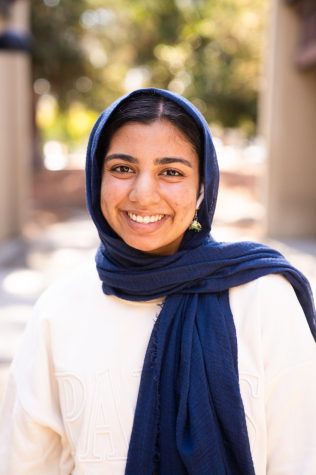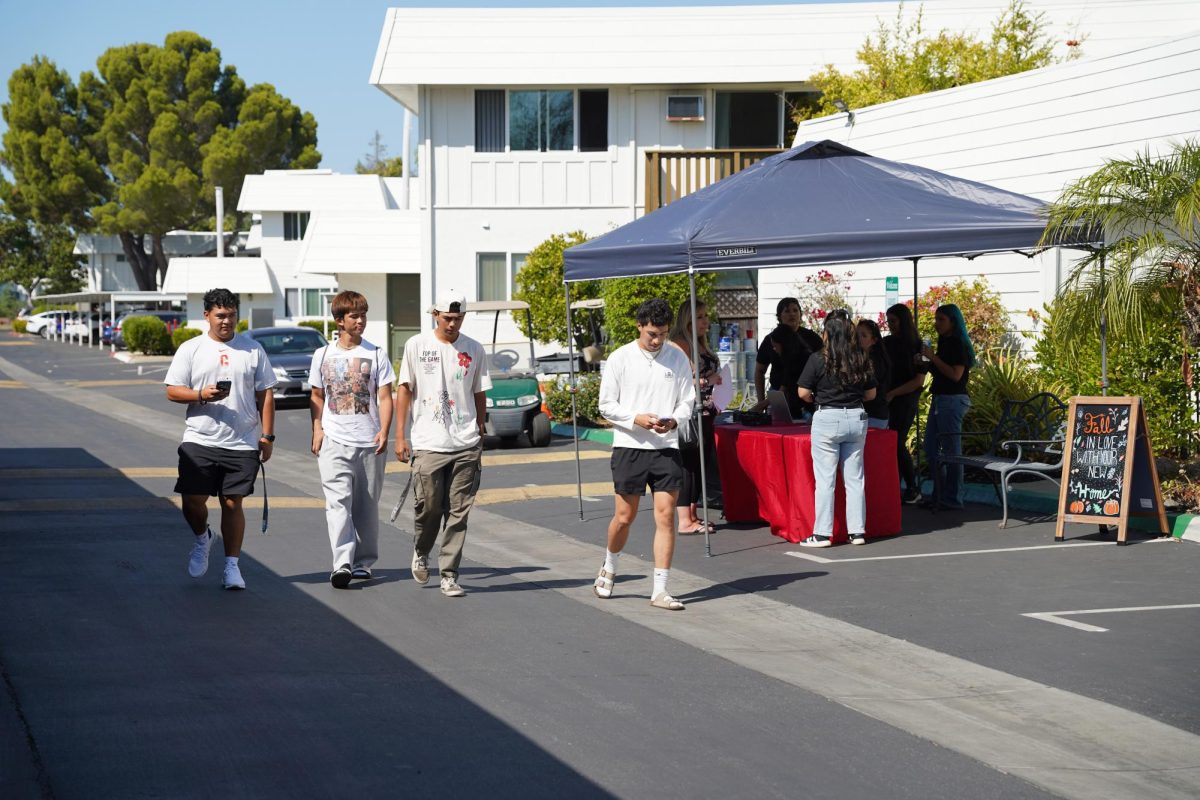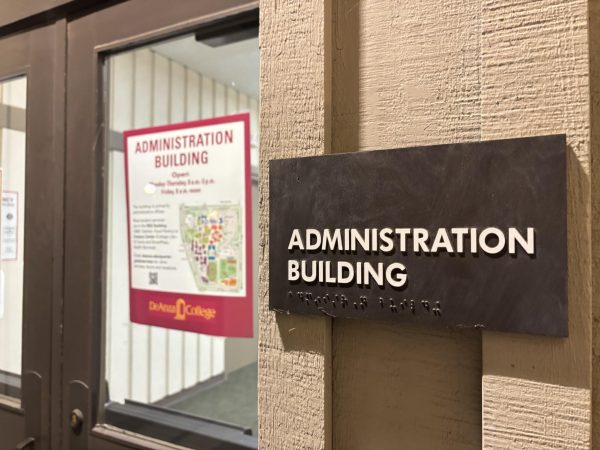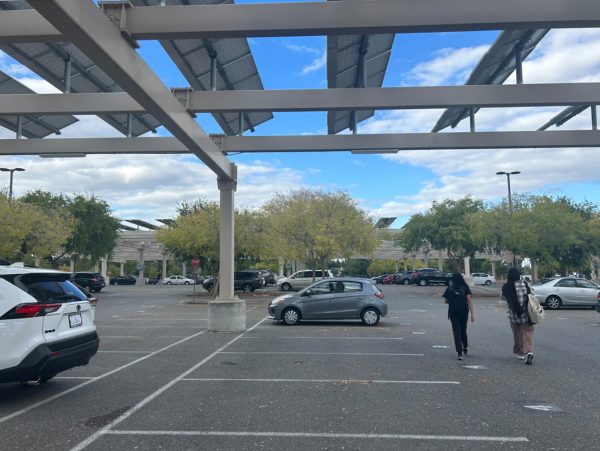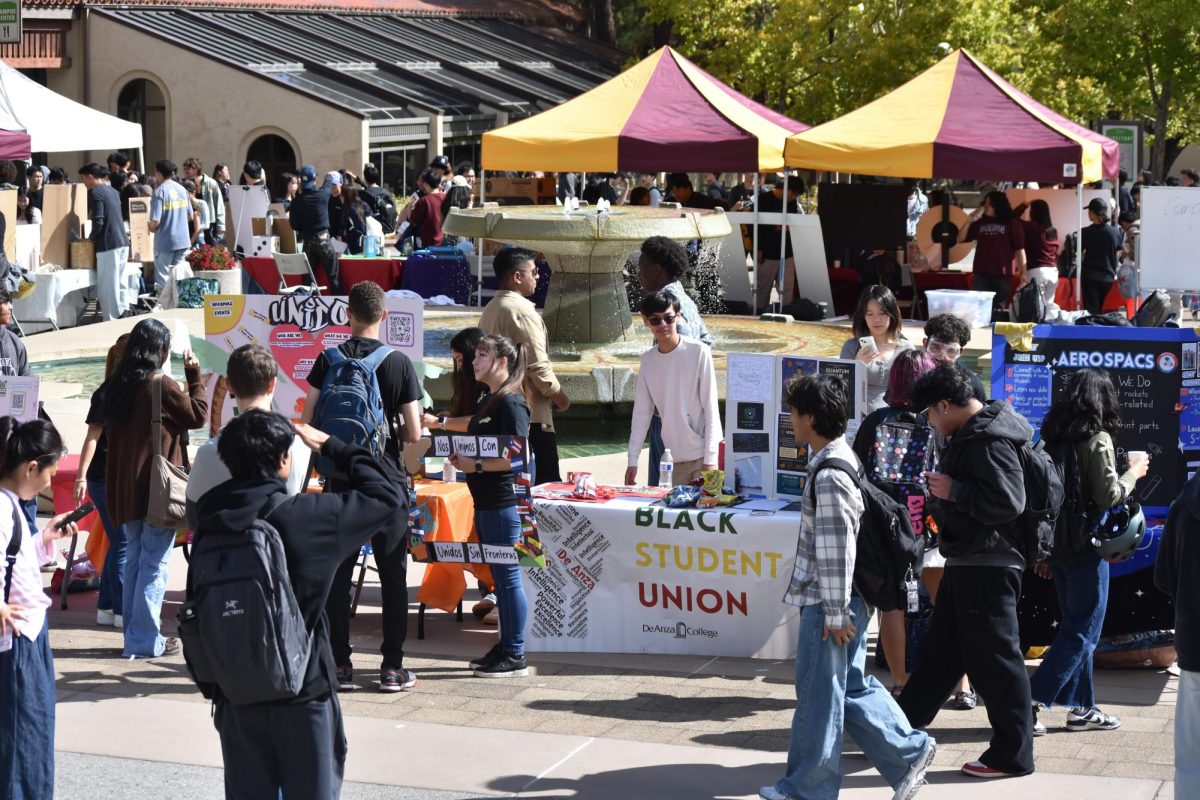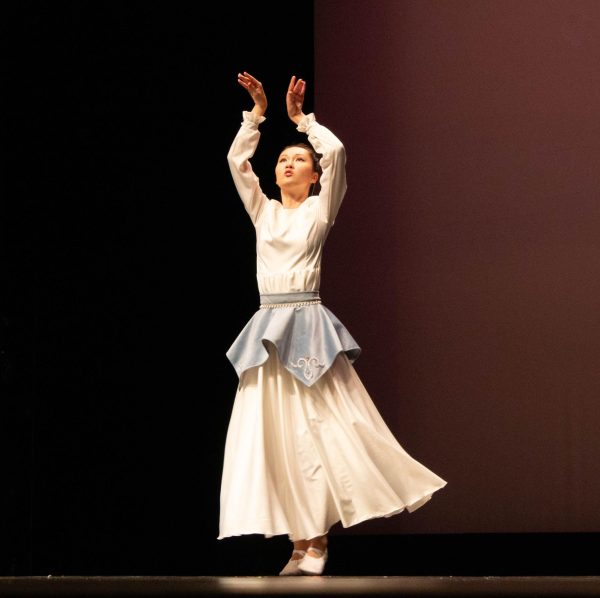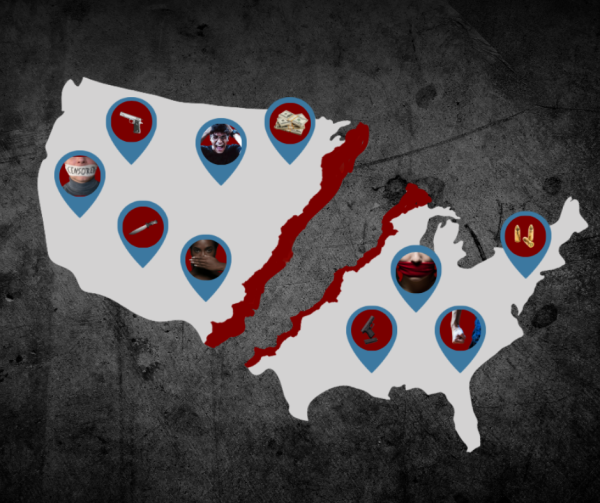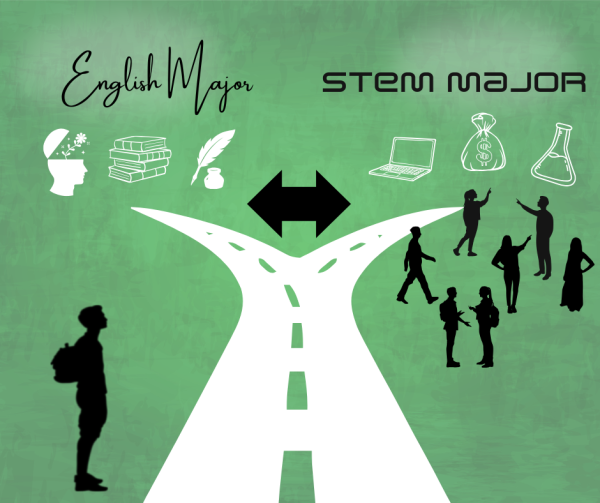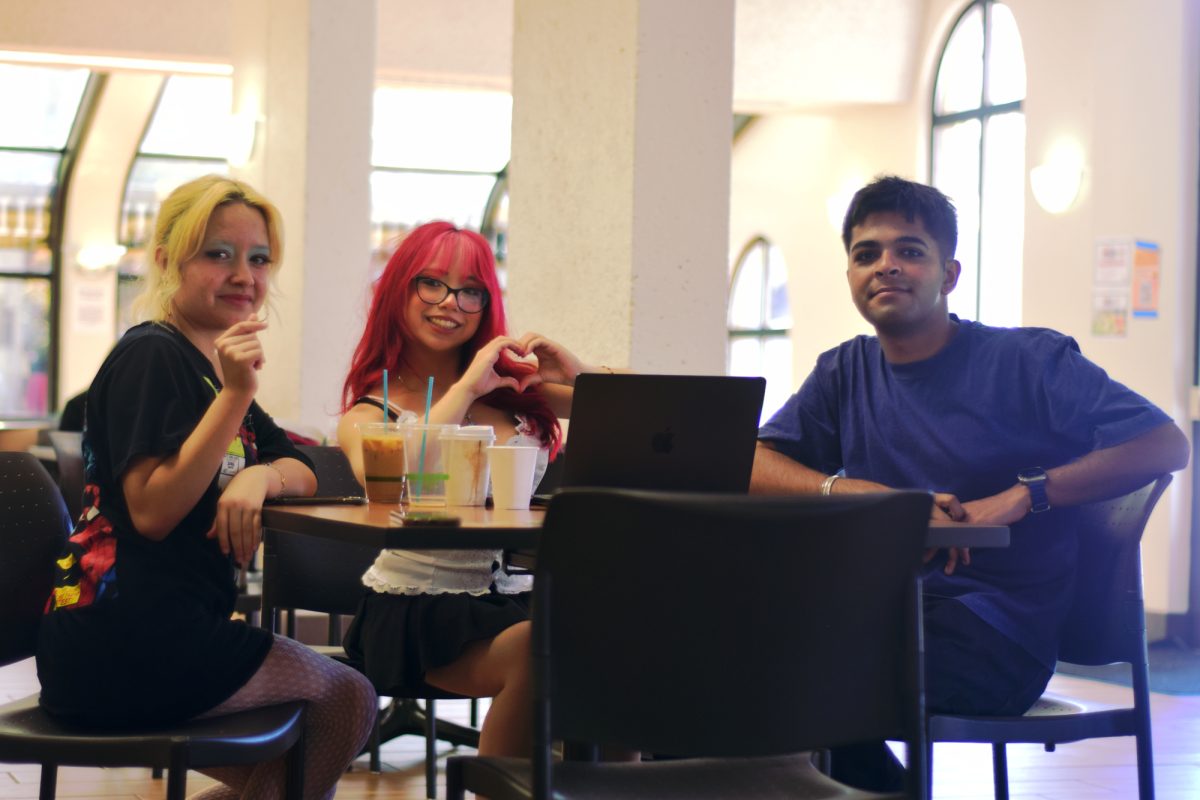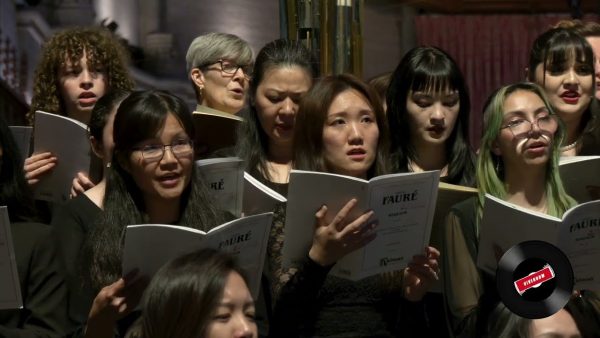Woman, Life, Freedom: Iranian students speak on the movement’s importance here
Two dancers from Ballet Afsaneh perform a traditional Iranian dance on Nov. 16 in Hampus Campus center, Conference Room B at De Anza College.
December 9, 2022
Sources in this story are anonymous because of safety concerns and will be referred to as Sources A, B, C and D.
As Iranian citizens continue protesting the country’s oppressive regime that resulted in the death of 22-year-old Mahsa Amini at the hands of “morality police,” Iranian students at De Anza College reflect that the Woman, Life and Freedom movement, a movement against gender inequality and discrimination against women, has been ongoing for decades.
“There were a lot of moments when women tried to speak up (in Iran), but they’ve all been silenced. This is the first one that is something big,” Iranian student, Source C, said. “The younger generation is realizing that this is not right, and they’re starting to speak up about it.”
The “morality police” who enforce the dress code in Iran arrested Amini for allegedly not following the law requiring women to wear headscarves and long coats over their clothing. Although police maintain that Amini died because of heart failure, multiple witnesses claim Amini was beaten to death by police, and reports show evidence of brain trauma and blows to the head when Amini was admitted into the hospital around Sep. 13.
Up to 14,000 people have been arrested as of November, and according to Iran’s Interior Ministry’s State Security Council, over 200 have been killed since protests started in September. The Iranian regime prohibits coverage of dissent in the media, cracking down on protesters through mass jailing, death sentences, electricity blackouts and other means of violent suppression.
Despite being thousands of miles away, Iranian students at De Anza spoke at a forum on Nov. 16 hosted by the Office of Equity and Social Sciences and Humanities Division on feeling the direct impact of these events, whether it be through broken connections or concerns for their families’ safety.
“I cannot call my family and friends because the government shut down the internet in the cities,” another Iranian student panelist, Source B, said. “I cannot contact them for one week, two weeks, sometimes more.”
Source C, an Iranian student at De Anza, has not been back to Iran for three years and in recent months has been unable to contact her family living in Iran.
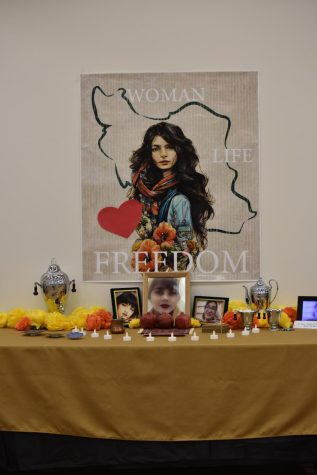
“I used to be able to call (my mom) every day just to talk to her,” Source C said. “But I haven’t been able to do that.”
Source D, an alumna of De Anza, echoed the fears in not being in contact with family.
“We can’t even call, talk or text,” D said. “I don’t know what’s going on when the shutdown happens.”
The power of the Islamic Republic in Iran has been upheld for decades, enforcing restrictive mandates that have resulted in cases like Amini’s in the past.
“In Iran, we have parliament and we have other little groups underneath, but they’re all managed by the leader,” D said. “So this is not a separation of power, it’s still controlled by the same power.”
Several panelists spoke on how the protests are a part of a long fight for equality against Iran’s system of power, which prohibits true democracy and causesgender apartheid.
“We’ve been going through this for 40 years now,” C said. “There’s been a lot of cases like (Mahsa Amini). She wasn’t the first, and she’s not the last.”
“The compulsory hijab is only part of the wrong behavior of the regime,” Source A said. “The main problem in Iran is that due to the rotten and wrong thoughts of the regime, the people are separated from the basic rights of humanity.”
Although the epicenter of the events is located in Iran, Source A says the Islamic Republic Regime is a threat to international stability.
“Just as when Ukraine went to war, the whole world faced problems,” source A said. “If Iran is unstable, the whole world will be unstable, but with much, much greater intensity. Therefore, one should not and cannot remain calm in the face of problems.”
Protests in support of this movement have been happening all over the world, including the Bay Area, where the student panelists have frequented and encouraged others to participate in raising awareness to the injustices in Iran.
“I just want people to talk about (what’s happening) more and help us share our voice so more people can know what’s going on,” Source C said. “I would say it’s the first thing that we need and it means so, so much to us.”



